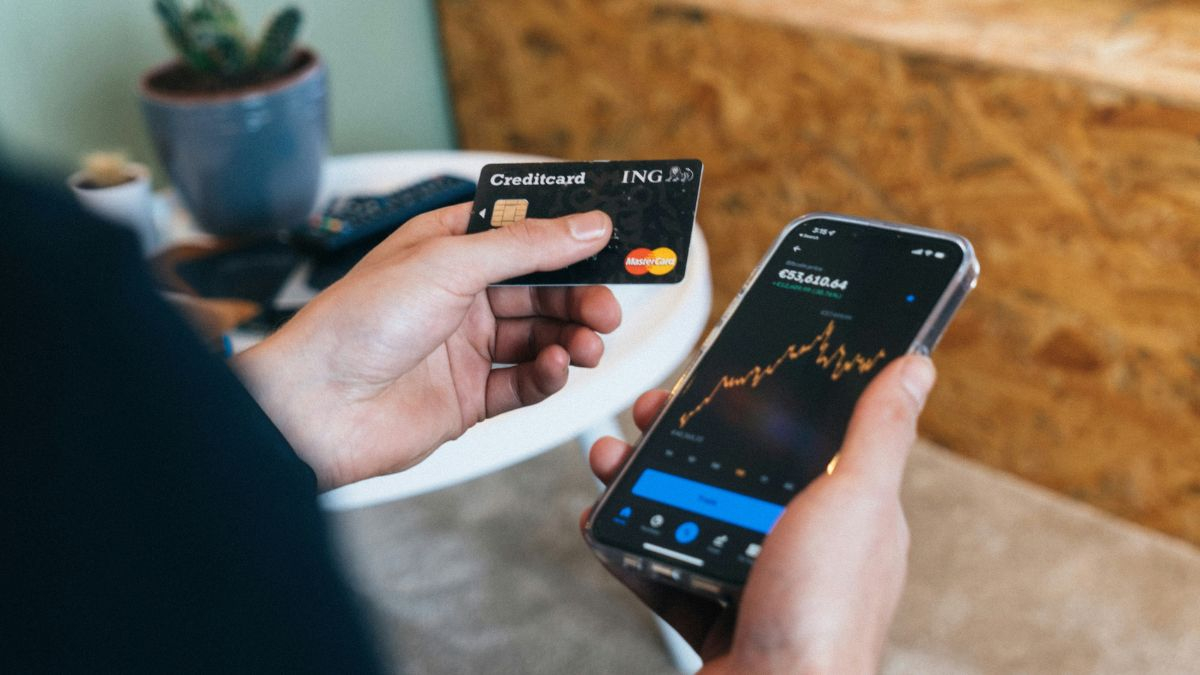When your credit card is sent to collections, it means that your original creditor does not collect this debt themselves. Instead, they either sold your debt to a collection agency or hired one to collect this debt on your behalf.
This happens when you are significantly behind on payments—typically after 90 to 180 days of non-payment. From this point, you will deal directly with the collection agency rather than the credit card company.
What steps should you take when contacted by a debt collector
Dealing with a debt collector can be stressful, but you have options. Here are the steps you should take to handle the situation responsibly:
- Do not ignore the call or letter
- Ignoring a collector will not make the debt go away. Instead, it could escalate the situation, possibly leading to a lawsuit.
- Verify the debt
- Ask the collector to send a written debt validation notice. This document should include details about the debt, including the amount owed and the name of the original creditor.
- Know your rights
- Under the Fair Debt Collection Practices Act (FDCPA), debt collectors cannot harass you, lie about the debt, or contact you at inconvenient times.
- Keep detailed records
- Document every interaction you have with the debt collector. Keep copies of letters, emails, and notes from phone conversations.
- Do not rush into a payment plan
- Take your time to review your financial situation before agreeing to any payment arrangement.
How does credit card debt in collections affect your credit score
When a debt goes to collections, it can significantly impact your credit score. Here is what you need to know:
- Late payments: Before the debt goes to collections, the missed payments will already have lowered your score.
- Collection account: Once reported, the collection account becomes a negative mark on your credit report, potentially lowering your score by 50 to 100 points or more.
- Duration: Collection accounts stay on your credit report for up to seven years, even if you pay them off.
Can you negotiate with debt collectors
Yes, you can negotiate with debt collectors, and many are willing to work with you to settle the debt. Here are a few strategies:
- Request a settlement: Offer to pay a portion of the debt in a lump sum in exchange for the rest being forgiven.
- Set up a payment plan: If you cannot pay a lump sum, ask to make smaller monthly payments.
- Request “pay-for-delete” agreements: Ask the collector to remove the collection account from your credit report once you pay.
Remember to get any agreements in writing before sending money.
Read more: $197.5 million credit card settlement. Here’s how to claim
What happens if you cannot pay your debt in collections
If you cannot pay the debt, here are some potential outcomes:
- Continued collection efforts: The agency may keep contacting you or send the account to another collector.
- Lawsuits: In some cases, collectors may file a lawsuit to collect the debt. If they win, they could garnish your wages or levy your bank account.
- Debt settlement or bankruptcy: If the debt is overwhelming, consider working with a debt settlement company or consulting a bankruptcy attorney.
How to avoid future debt problems
When you pay your debt, avoid getting into any other debts in the future:
- Budget: Take track of income and expenses to avoid spending too much too soon.
- Emergency fund: Save some money for at least three to six months’ to cover unexpected circumstances.
- Responsible use of credit: Only charge the amount you can afford to pay off at the end of a month so that your debts do not accumulate.
Continue reading:
Can I pay my mortgage with a credit card?
Apple and Goldman fined over credit card failures – Are there payments for consumers?
Will credit card debt forgiveness cover my $5,000 debt and how to pay off?
